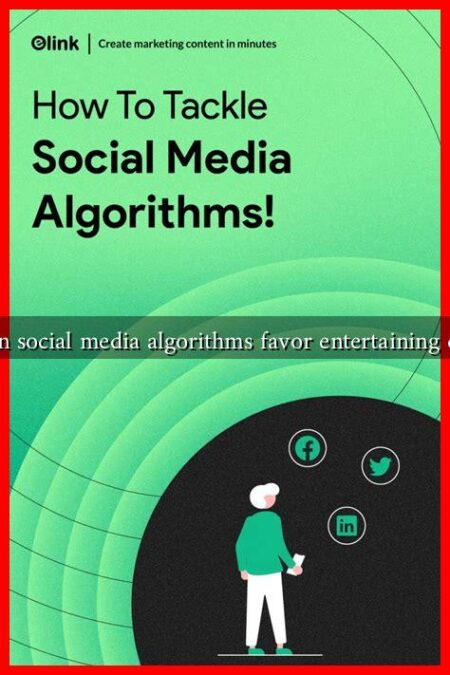-
Table of Contents
How Social Media Reacted to Threats of an Iranian Attack on Israel
In recent years, the geopolitical landscape of the Middle East has been fraught with tension, particularly between Iran and Israel. As threats of military action have escalated, social media has emerged as a powerful platform for both information dissemination and public sentiment. This article explores how social media has reacted to the threats of an Iranian attack on Israel, examining the narratives, public responses, and implications for international relations.
The Context of Tensions
The relationship between Iran and Israel has been characterized by hostility, particularly since the Islamic Revolution in 1979. Iran’s support for militant groups like Hezbollah and Hamas, coupled with its nuclear ambitions, has led to a series of confrontations and threats. In 2023, heightened rhetoric from Iranian leaders regarding potential military action against Israel prompted a significant reaction on social media platforms.
Social Media as a Barometer of Public Sentiment
Social media platforms such as Twitter, Facebook, and Instagram have become essential tools for gauging public sentiment regarding geopolitical issues.
. In the case of Iranian threats against Israel, social media has served multiple functions:
- Information Sharing: Users have shared news articles, expert analyses, and real-time updates about the situation, allowing for a more informed public.
- Mobilization: Activist groups have utilized social media to organize protests and campaigns, both in support of Israel and against Iranian aggression.
- Propaganda: Both Iranian and Israeli state-sponsored accounts have engaged in information warfare, disseminating narratives that support their respective positions.
Case Studies of Social Media Reactions
Several notable instances illustrate how social media has reacted to the threats of an Iranian attack on Israel:
- The #IranThreats Campaign: Following Iranian threats, a hashtag campaign emerged on Twitter, with users sharing their concerns and calling for international support for Israel. This campaign garnered thousands of tweets, amplifying the message and drawing attention from global media.
- Influencer Responses: Prominent influencers and public figures took to social media to express their views. For instance, Israeli celebrities used Instagram to share messages of resilience and unity, countering the narrative of fear.
- Fact-Checking Initiatives: In response to misinformation, various fact-checking organizations utilized social media to debunk false claims regarding the conflict, emphasizing the importance of accurate information in times of crisis.
The Role of Misinformation
While social media has facilitated the spread of information, it has also been a breeding ground for misinformation. False narratives regarding the capabilities and intentions of both Iran and Israel have proliferated, leading to confusion and heightened tensions. For example:
- Reports of exaggerated military capabilities have circulated, leading to unnecessary panic among the public.
- Misleading images and videos have been shared, often taken out of context, to provoke outrage or fear.
These instances highlight the need for critical media literacy among users to discern credible information from sensationalism.
Implications for International Relations
The reactions on social media to the Iranian threats against Israel have broader implications for international relations. The rapid dissemination of information can influence diplomatic efforts and public opinion, potentially swaying government actions. For instance:
- Increased public pressure on governments to take a stance can lead to more aggressive foreign policies.
- Social media campaigns can mobilize international support or condemnation, affecting negotiations and alliances.
Conclusion
Social media has played a pivotal role in shaping the narrative surrounding the threats of an Iranian attack on Israel. By serving as a platform for information sharing, mobilization, and propaganda, it has influenced public sentiment and international relations. However, the prevalence of misinformation poses significant challenges that must be addressed. As tensions continue to evolve, the role of social media will undoubtedly remain critical in shaping perceptions and responses to geopolitical crises.
For further reading on the impact of social media on international relations, you can visit Brookings Institution.





